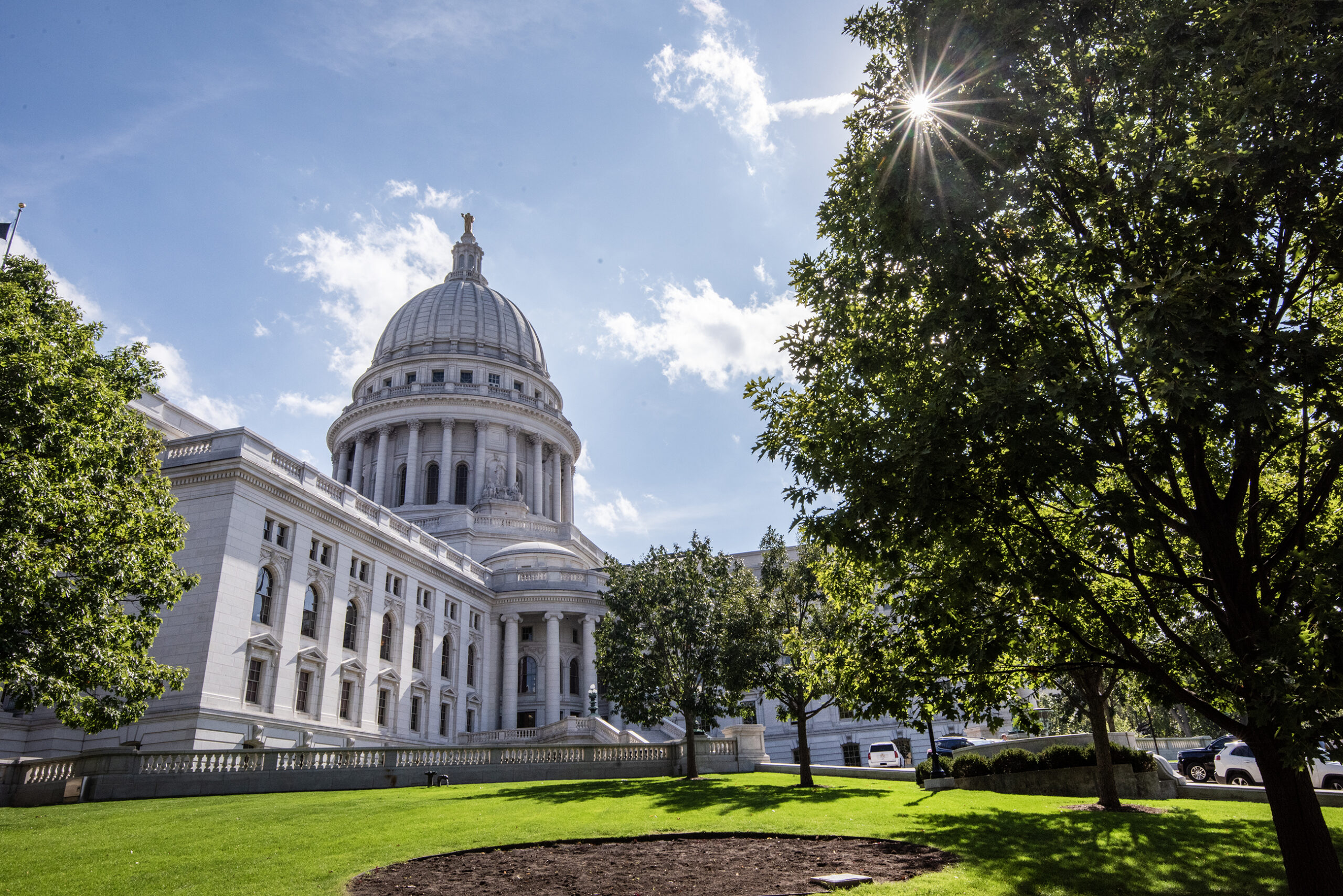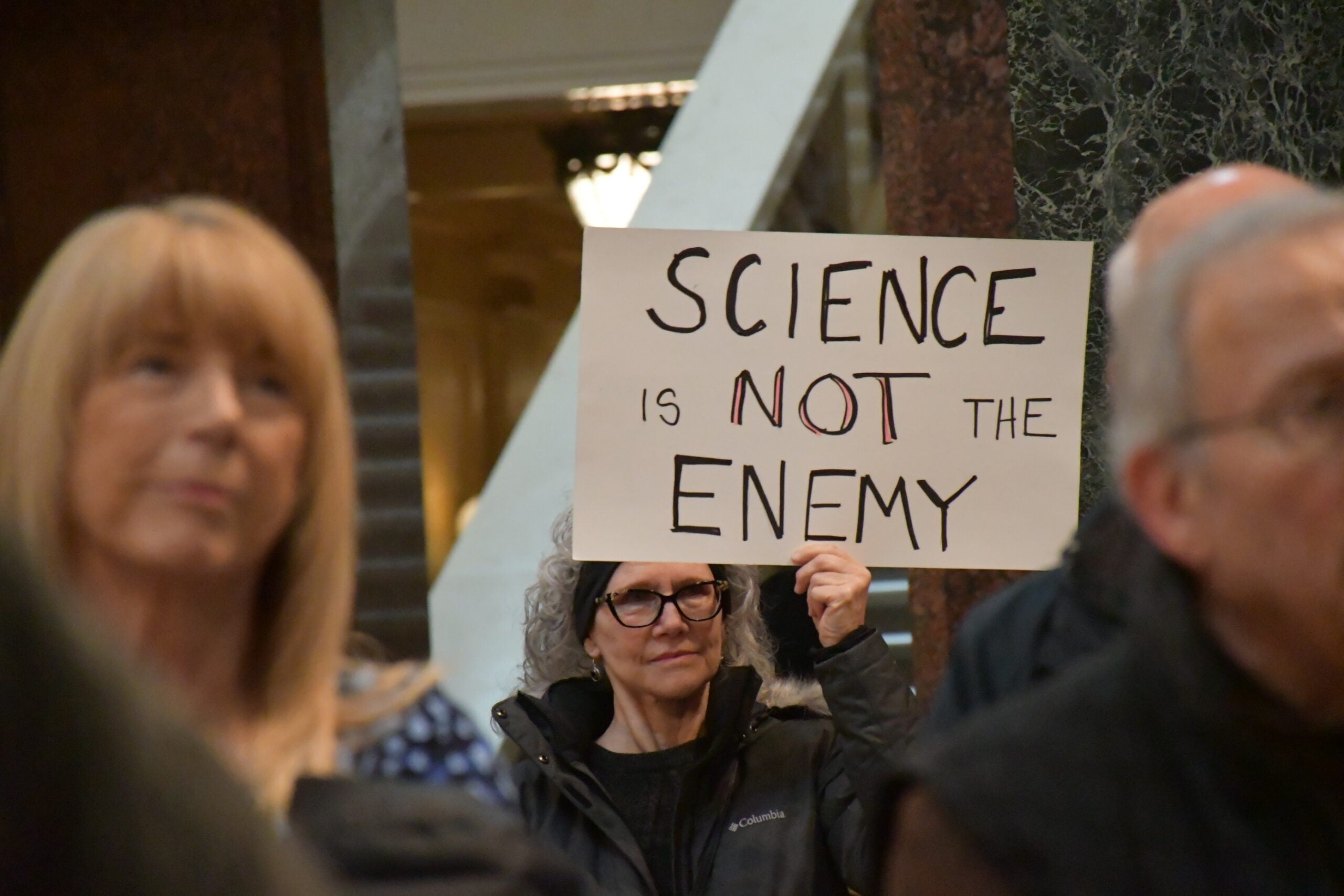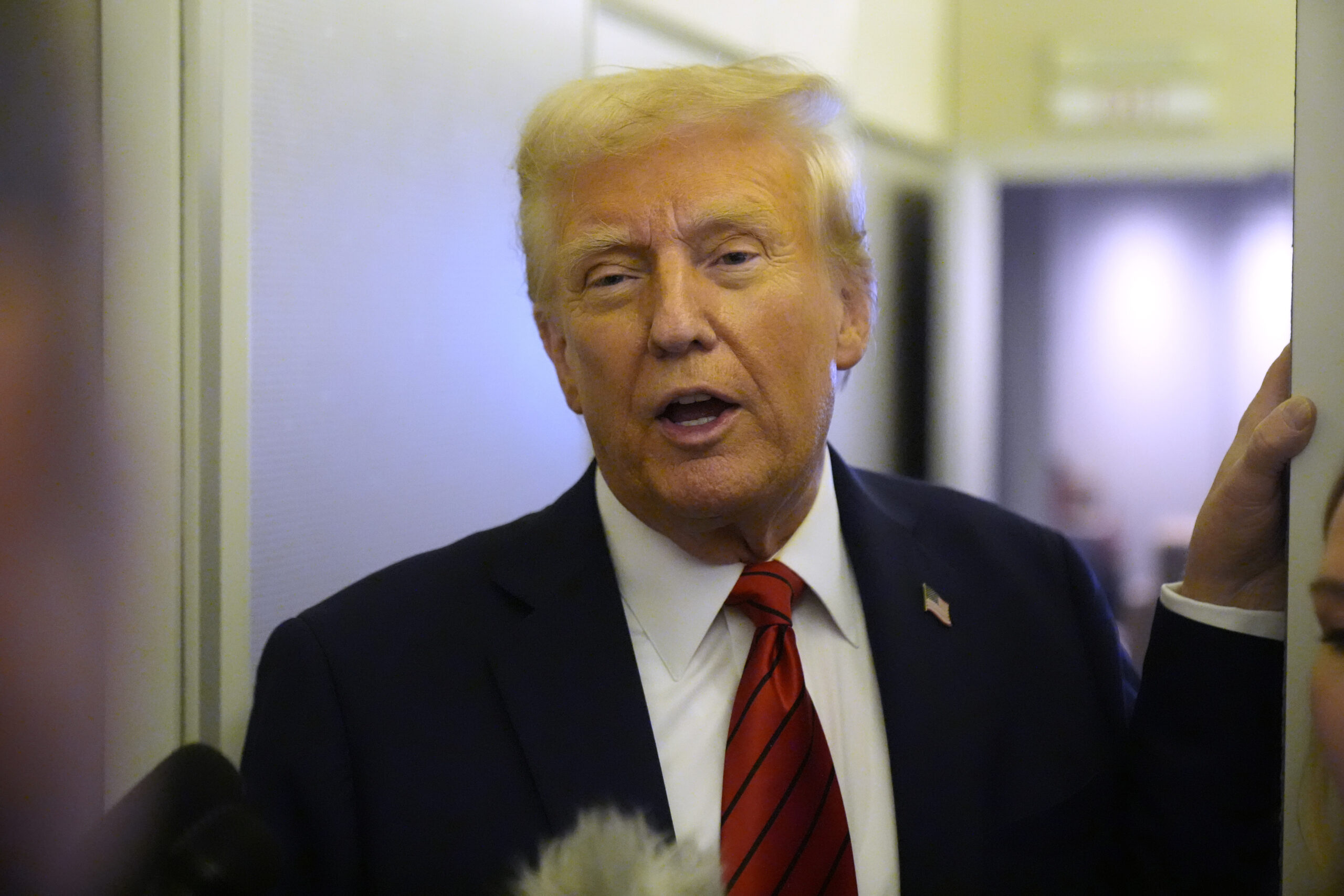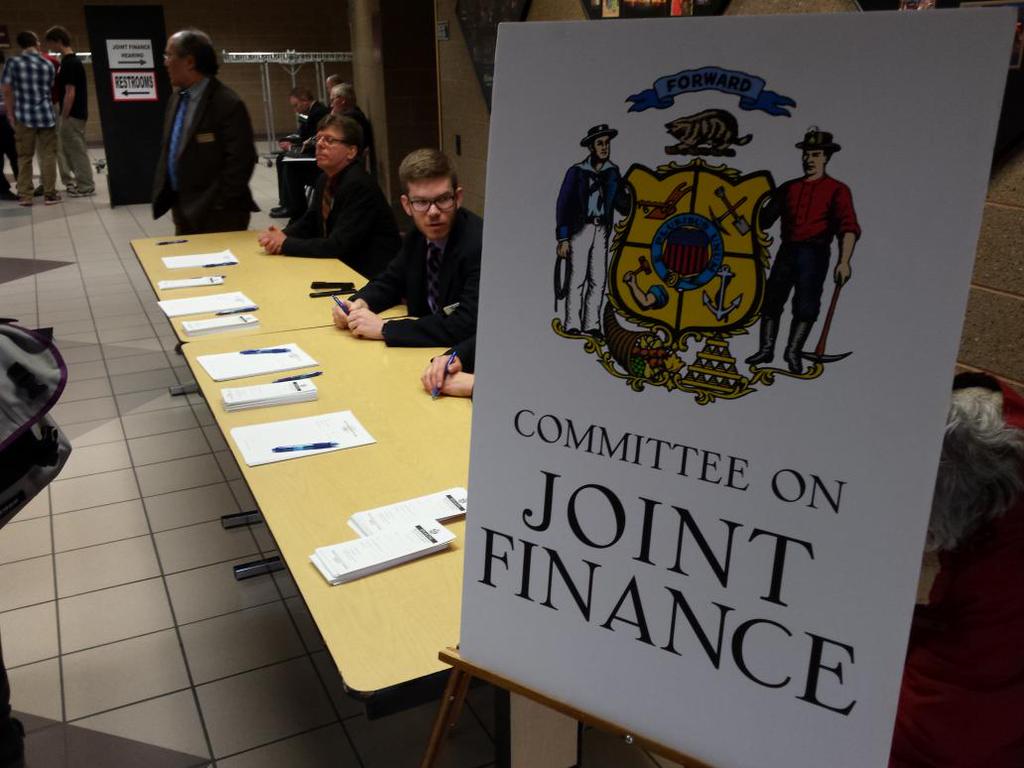In his 2010 campaign for governor, Scott Walker made a “Brown Bag Promise” to voters to run state government more like the way they run their own lives. It was a vague promise, but Walker included enough specifics so that four years later, it’s possible to measure how he did.
Given all that’s happened in Wisconsin politics over the past four years, it’s easy to forget that there was a time when Walker talked about his “Brown Bag Promise” on a near daily basis. He featured it in his TV ads:
“Hi, I’m Scott Walker, I pack a brown-bag lunch so I can afford to pay for other things, like Wisconsin’s high taxes,” he said in one campaign ad.
Stay informed on the latest news
Sign up for WPR’s email newsletter.
He talked about it in his stump speech, including at the 2010 Wisconsin Republican Party Convention.
“It’s based on three simple principles. First — my grandmother would love this — don’t spend more than you have. Secondly, smaller government is better government. And third, most importantly, people create jobs, not the government,” Walker said.
Four years later on a sunny Saturday at the Dane County Farmer’s Market in Madison, the now-governor’s Brown Bag Promise seems far from some peoples’ minds.
“The Brown Bag … no, can’t say that I remember,” said Kurt Stellpflug
“I don’t remember that term. The Brown Bag Promise, I don’t recall that,” said Jeff Bybee
“The Brown Bag Promise … No, it doesn’t, sorry,” said Karl Harter.
“Vaguely,” said Jen Engel.
While these people had mixed reactions to Walker’s promise once they heard it, they did agree on one thing: It’s a bit vague and pieces of it hard tough to pin down.
However, one can measure the first part of the promise — don’t spend more than you have. Walker lived up to that in his first budget, according to Todd Berry with the Wisconsin Taxpayers Alliance.
“You’d have to say so,” Berry said. “I mean that first budget was very austere. I don’t think anybody who lived through that period would say it wasn’t a pretty tough time.”
Simply put, Walker’s first two-year budget cut state government’s general fund until what it spent was less than what it had.
But Berry said Walker’s second budget is headed in a different direction starting with the next fiscal year.
“We’re going to spend, it looks like, more than we’re going to bring in in revenue, and the reason simply is we have some big tax cuts,” Berry said.
The nonpartisan Legislative Fiscal Bureau projects that in year two of this budget, the state will spend $559 million more than it takes in.
That number is just the general fund. To really dig into this promise, people have to look at the transportation budget.
Road construction continues throughout Wisconsin this summer even though state government faces some serious issues when it comes to paying for it. The state borrows to pay for construction projects, sort of like most people use mortgages to pay for houses. The trouble in Wisconsin is that borrowing keeps going up with no end in sight.
Jon Peacock, who directs the Budget Project at the Wisconsin Council on Children and Families, said Walker had a chance to reverse that trend, but he didn’t.
“At a time when the economy was doing well and coming out of a recession, that’s the perfect time to reduce the amount of bonding, but instead, we’ve increased it,” Peacock said.
It’s not that people don’t know how to fix this, but Walker has shot down proposals to raise taxes or fees to pay for roads. At the same time, his budgets are spending more.
Walker didn’t create this problem, but he is making it worse. Officials with the Fiscal Bureau said total state indebtedness is projected to grow by more than $1 billion under the governor’s watch.
Editor’s Note: This report was the first of a three-part series on “Walker’s Promises: By the Numbers.”
Wisconsin Public Radio, © Copyright 2025, Board of Regents of the University of Wisconsin System and Wisconsin Educational Communications Board.





